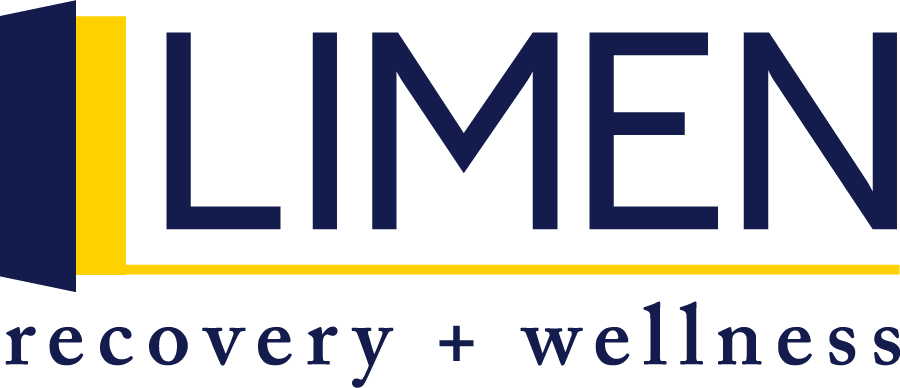With the current opioid crisis invading the homes of families worldwide, chances are many have had some experience with a friend or loved one who is struggling with the disease of addiction. We have seen and felt the devastating pain endured by the family of an addict way more than we would like. Despair, guilt, and shame leading to anxiety, isolation, and depression. Overwhelming feelings of helplessness take hold while watching someone they love anguished, and as so many lives are lost to this disease, they live day to day with that constant gut-wrenching fear that their parent, child, sibling, spouse or friend will not survive. Terrified that they will become another tragic statistic.
Many family members cut off the addict to protect themselves from emotional turmoil, and while this approach is more than likely the best, in some situations, separation from the addict might not be possible. Therefore, education about the disease and learning that there is recovery from it, both for them and the addict is a very powerful tool. Learning that they didn’t cause the disease nor can they control it or cure it (the 3 C’s of Al-Anon) can be freeing and lead to a path of recovery for them regardless of whether the addict/alcoholic seeks help for themselves. There is so much information available on the internet, at counseling centers and any 12 Step meeting. The most important thing is to remember is that you are not alone. There are more people affected by the disease of addiction than there are actual addicts. Education will also prepare loved ones should the day come when the addict reaches out for help.
At Limen Recovery + Wellness, we have witnessed so many miracles. People become so tired of living in pain they become willing to try any means of treatment necessary to make it stop. When someone finally admits they are truly powerless over their addiction, and that their lives have become unmanageable, we call this Step 1. This gift of desperation is a key factor in the ability of an addict or alcoholic to recover. They too learn that they are not alone and that their shame and pain are not unique.
With the help of counselors, 12 Step meetings, painful honesty and a belief in a higher power, recovery of the addict, as well as the family unit as a whole can progress. Relationships start to strengthen as self-esteem is established and trust is regained. The path is not easy but it is certainly worth it.
Addicts are not bad people, they are sick people and the stigma associated with addiction is dissipating as society begins to recognize this. Many of them are suffering from underlying trauma or mental health issues such as depression or bipolar disorder. Diagnosis and treatment are vital to their recovery.
Because a storm is raging, recovery is becoming an extremely popular topic both locally and nationally. Too many lives have been lost to this deadly disease and people are noticing. For an active addict seeking help, this brings hope. With more treatment facilities and available funding than ever before, the disease concept has been slowly combating the old ideology that addiction is a moral deficiency and helping to diminish the shame associated with it.

